ERUA Open Science Meet-Up: Better Together – The Political and Networking Dimension of Research Data Management

On March 21st, between 14.00 and 14.45 (CET), the next ERUA Open Science Meet-Up will take place on Zoom. The topic is: Better Together – The Political and Networking Dimension of Research Data Management In the Open Science community, Research Data Management (RDM) is often thought of as a “team sport”. One of the reasons […]
ERUA Open Science Meet-Up: Research Data Management and Open Science
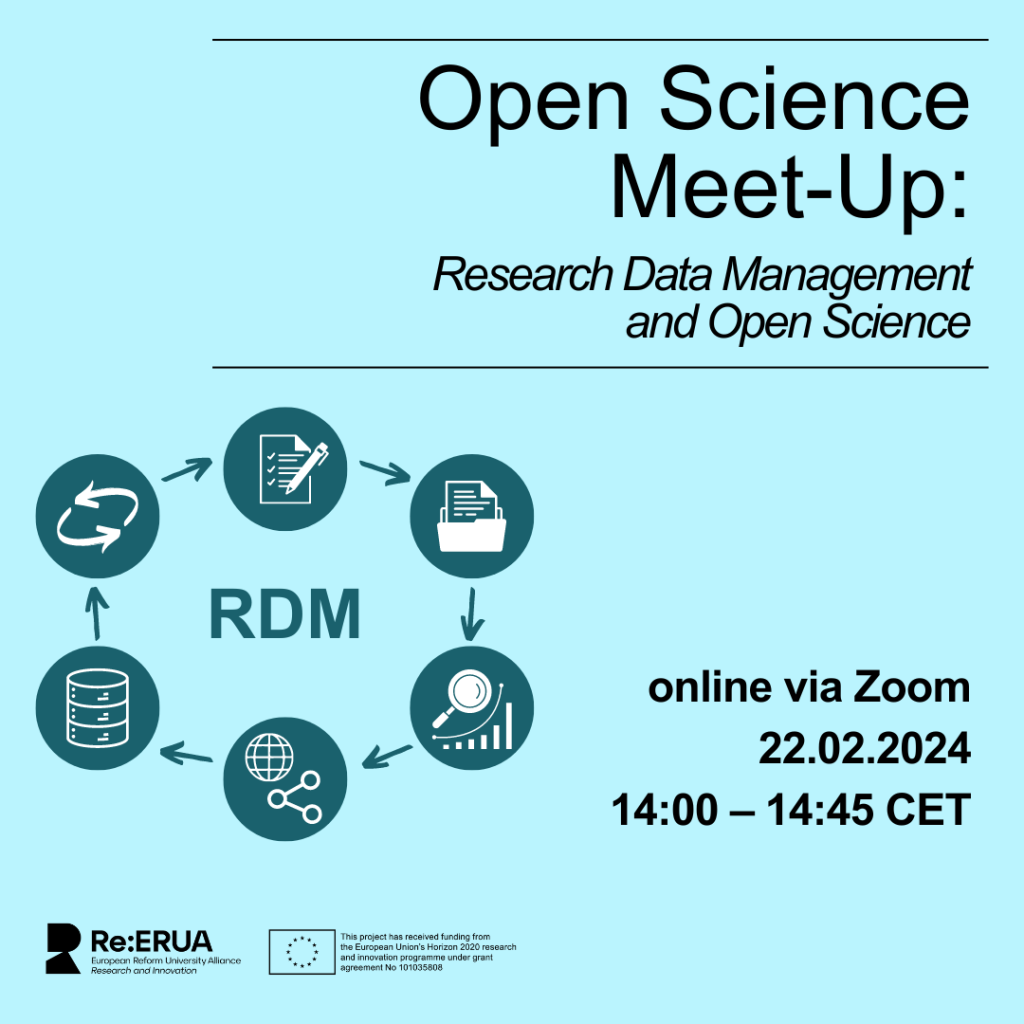
On February 22nd, between 14.00 and 14.45 (CET), the next ERUA Open Science Meet-Up will take place on Zoom. The topic is: Research Data Management and Open Science The most well-known pillars of Open Science are probably Open Access to publications and the FAIR principles to research data. But applying the FAIR principles can’t be […]
Open Science: Basic Course
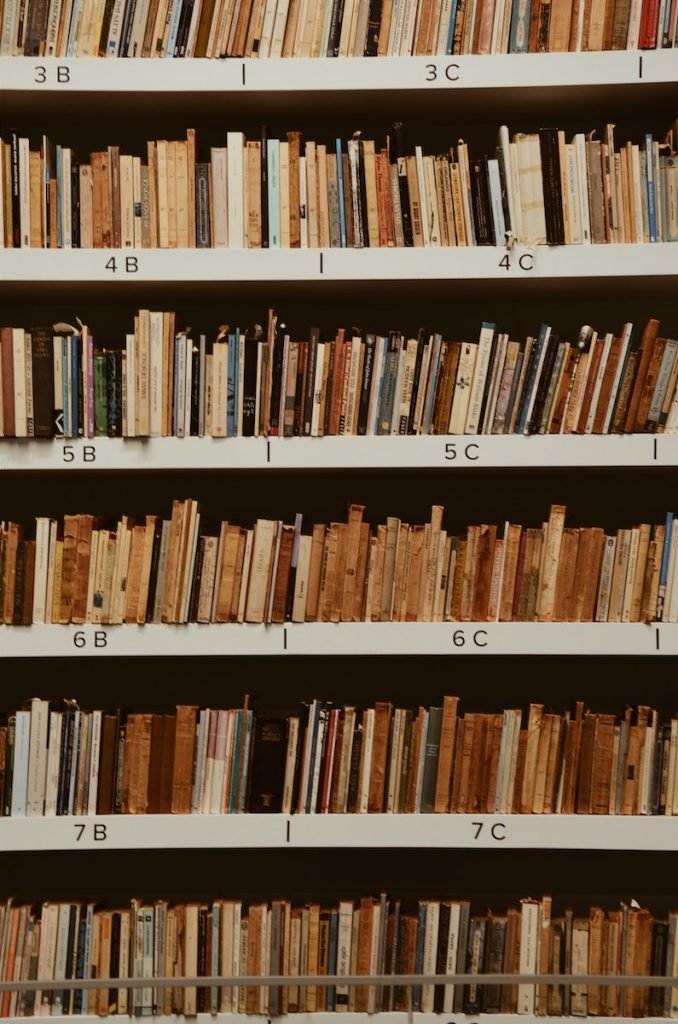
Policymakers and research funders support Open Science – but what are the benefits for you as a student, researcher or teacher? This online course introduces you to the different aspects of Open Science in research and teaching. The focus is on open access publishing, research data management and sharing teaching materials as free educational resources. […]
Dancing Democracy: Migration as Co-Creation


Christiane “La Mona” Seitter, flamenco dancer and dance teacher Dr. Silvana Karina Figueroa-Dreher, cultural sociologist “Nur wer sich ändert, bleibt sich treu.” (only those who change remain true to themselves – Wolf Biermann) We want to look at migration as a benefit to society, without any ifs and buts. To enjoy coming into contact with […]
Comparative Politics
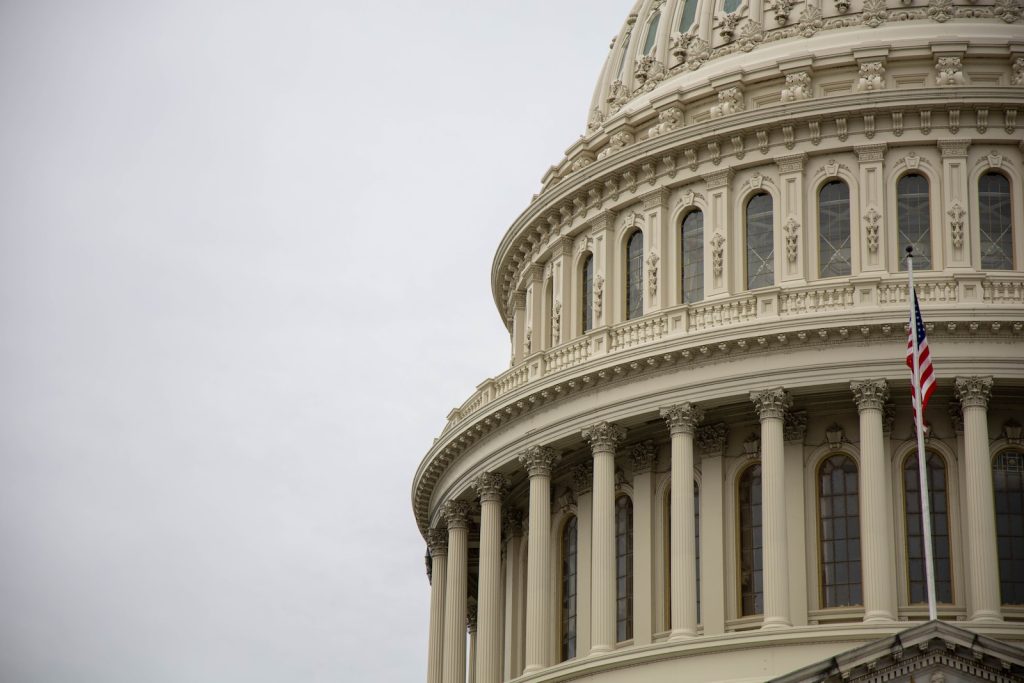

An investigation of different political and administrative systems from the comparative politics perspective. Regular attendance and active participation are indispensable requisites for successful results. To be awarded 4 or 6 credits, participants are required to hold one presentation or one presentation and one written assignment, respectively, on course-relevant topics of their choice. As this course […]
Open Science: Basic Course



Policymakers and research funders support Open Science – but what are the benefits for you as a student, researcher or teacher? This online course introduces you to the different aspects of Open Science in research and teaching. The focus is on open access publishing, research data management and sharing teaching materials as free educational resources. […]
Sustainability Communication


In this course, you will explore the role of communication in relation to sustainability and sustainable development. After expanding your disciplinary and terminological background, the lecture focuses on the three dimensions of sustainability communication, communication of sustainability (Marketing and product communication, PR and organizational communication), communication about sustainability (i.e. climate change & sustainability representations in […]
Open Science Toolkit
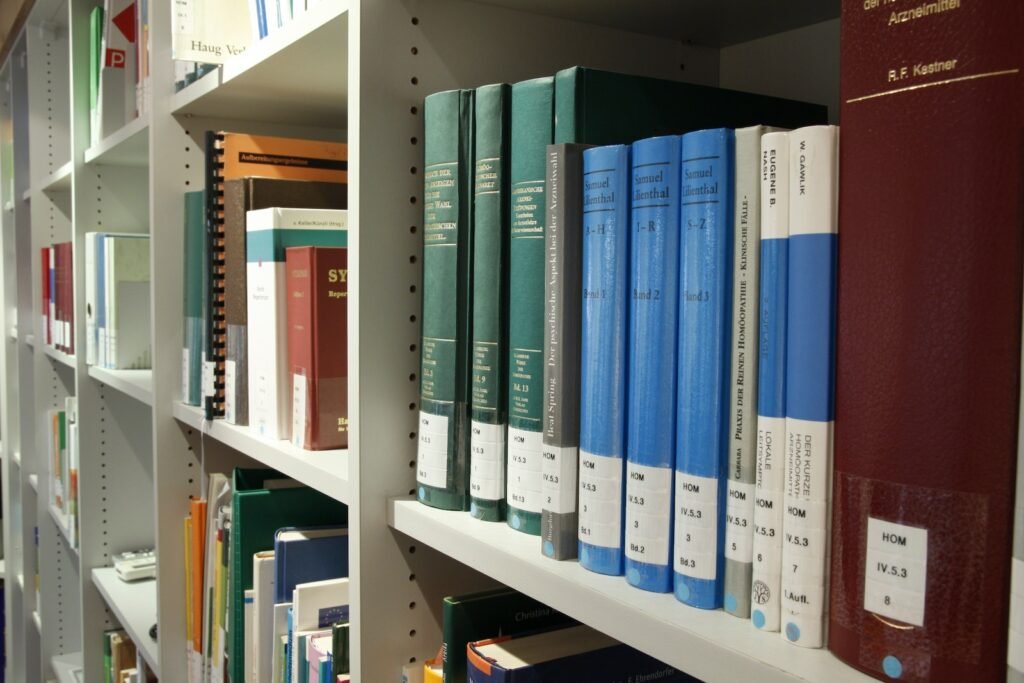

In 2018, the European Commission-funded project Facilitating Open Science Training for European Research (FOSTER) launched an online training toolkit with ten modules covering key topics of Open Science theory and practice. The introductory to advanced levels modules introduce OS and components of OS, including practical tips for getting started with OS, and provide information on […]
Digital Entrepreneurship (openHPI)


This course is based on the openHPI course Digital Entrepreneurship by Prof. Dr. Katharina Hölzle, Dr. Robert Rose, Valeska Maul and Nina Bachmann, available for reuse under a CC BY-NC-SA licence. What exactly does digital entrepreneurship mean, and how does it differ from “classic” entrepreneurship? How does digital entrepreneurship influence the economy and society? How […]
Critical Media Literacy: Tackling Information Disorder in the Digital Age
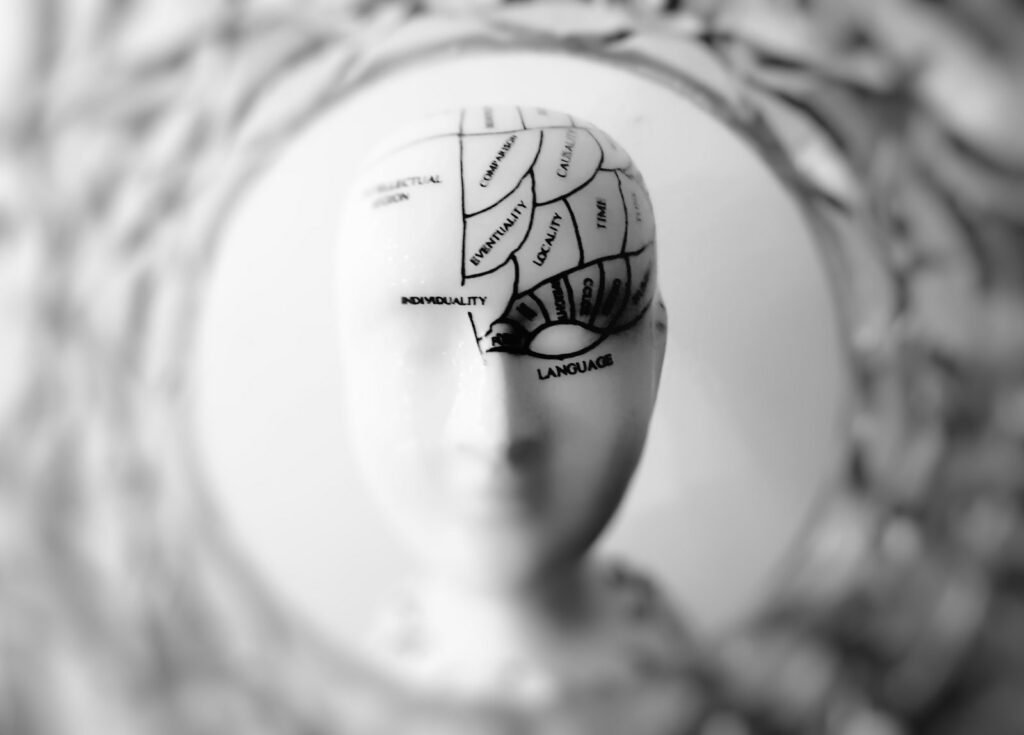

Living and working in our modern world, we are confronted with a constant stream of ‚alternative facts ‘, propaganda, hoaxes, rumours, and advertising – while it becomes more and more difficult to distinguish fact from fiction to navigate the digital media world successfully. Efforts to exploit media’s technical, social, economic, and institutional configurations can catalyze […]